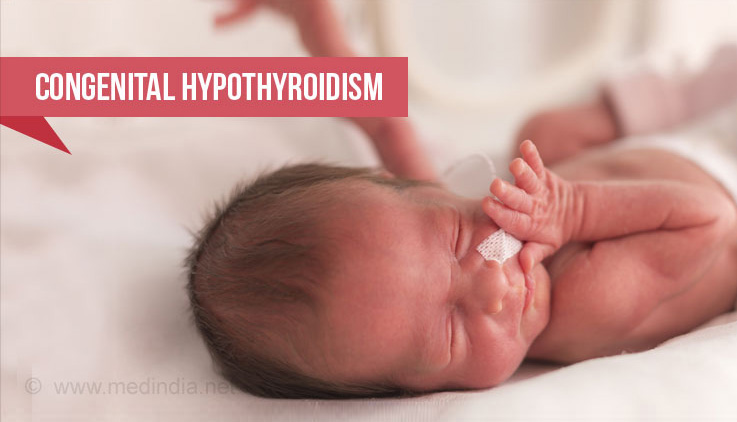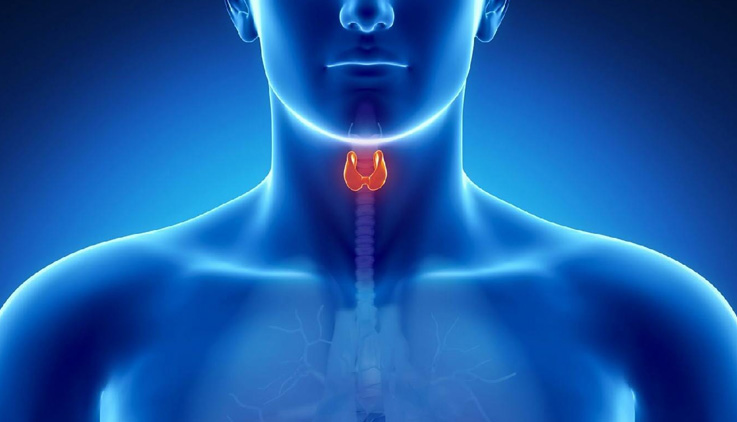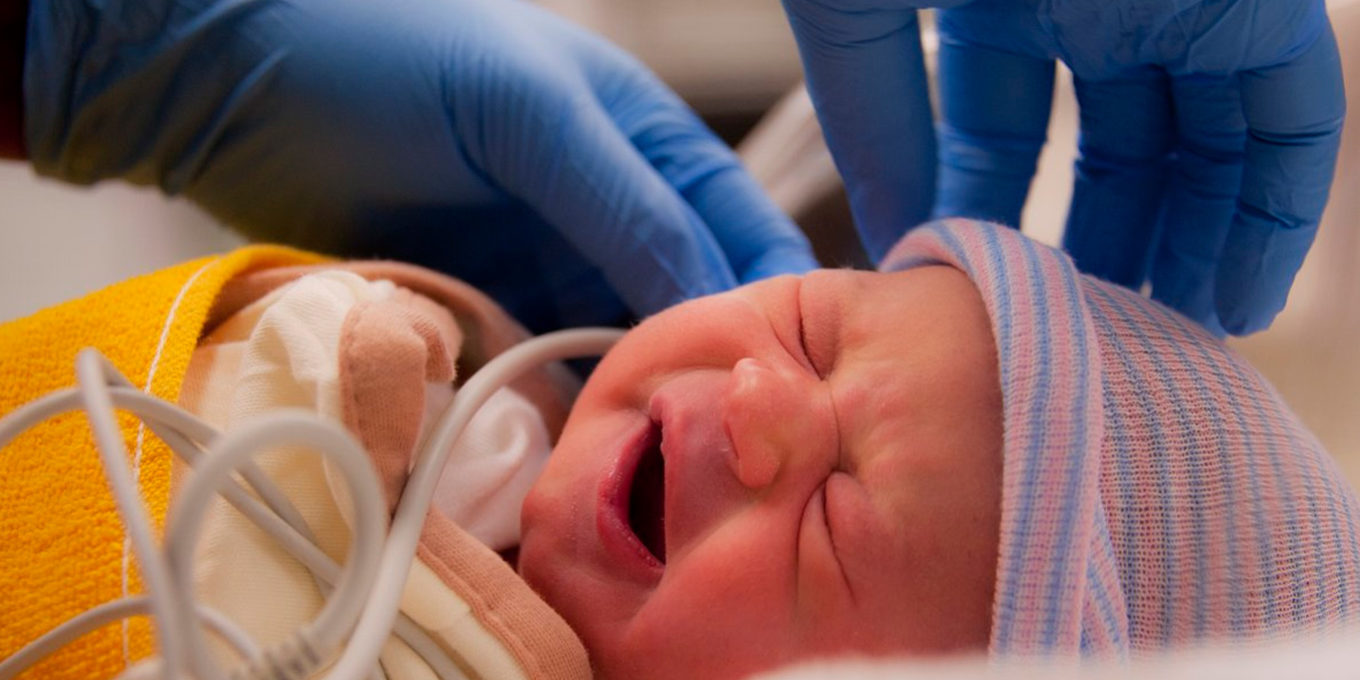The joy of carrying our just born bud cannot be described in words even if we weave the best of them in the most magical manner possible. While entering parenthood has its perks, we should understand that it also demands us to be responsible, mainly in terms of taking care of the health of our newborn. Gifting a healthy future (literally!) for the newborn becomes our primary responsibility here and to achieve that the medical science has gifted us with a technology that is precise and powerful. Newborn Screening today stands as strong as a pavement that leads to a future filled only with happiness and good health.
Congenital Hypothyroidism (CHT)

Genetic disorders are now a common issue, credits to our irresponsible lifestyle and several other factors for the past few generations. While it can’t be stopped completely even with our advanced medications, it surely can be controlled and arrested without causing a serious issue. Only thing is, it needs to be identified very early, early before it becomes what it is! To gain that advantage, we have to detect such problems right when our baby is born. One of the most debated genetic disorders, which is considered to be dangerous is Congenital Hypothyroidism (CHT). It is a condition that occurs as a result of crucial factors in newborn babies such as an absent or underdeveloped thyroid gland or a developed gland that cannot be active because of a ‘production line’ problem. Newborn babies with these issues cannot produce enough thyroid hormone for the body’s growth.
What is the thyroid gland and what does it do?

The thyroid gland gets its place in the lower part of our neck, right below Adam’s apple. The key function of the gland is to produce two very important hormones called Thyroxine (T4) and Tri-iodothyronine (T3). These hormones are essential for the normal growth of the baby and also for brain development through the years till the adulthood. A failure in this may lead to several mental health issues, mainly the loss of normal brain function.
What causes it?
Inside the mother’s womb, in the early stages, the thyroid gland moves from the back of the tongue and seats itself in the neck, which is later considered as its default position. However, in some cases, this fails to happen, resulting in the underdevelopment or no development of the gland. In other cases, the gland finds itself seated higher in the neck than its normal position, making it not work well as it should.
Dysgenesis: Approximately 80% of the babies with Congenital Hypothyroidism have dysgenesis, i.e., the underdevelopment or misplacement of the thyroid gland.
Dyshormonogenesis: This affects the other 20% of the babies being diagnosed with Congenital Hypothyroidism. As we seen earlier, here the gland is in its right position but fails to produce thyroxine due to ‘production line’ problem.
Lean towards Newborn Screening, know about TSH

To prevent the ill effects of Congenital Hypothyroidism, it is essential to undergo Newborn Screening test. In the early stages, the problem will not show any visible symptoms, hence it becomes difficult for us to take any actions. Here, Newborn Screening acts a keyhole into the future and gives precise results whether the baby will suffer from Congenital Hypothyroidism or not.
Every baby should be checked for hypothyroidism as though it is a mandatory procedure soon after the birth. A small amount of blood will be collected from the baby’s heel, (from a vein) so that the laboratory can test it for TSH (Thyroid Stimulating Hormone). This is a hormone produced by the brain and it plays a crucial role in the normal functioning of thyroid gland. From the test results, if the levels are high, then the brain is trying its best to make the thyroid gland work but the latter is not responding properly.
This Serum TSH levels usually peak at 70 mIU/L within the first 24 hours of birth, before coming back to its normal level which is less than 6 mIU/L. During the screening, if these TSH levels are elevated, the result is Hypothyroidism. Detecting this early in a baby will secure its future and prevent abnormal issues like Mental Retardation.
Symptoms
If the problem goes unnoticed since the parents avoided doing the screening, this Congenital Hypothyroidism can only be detected when they are about to reach their adolescent period. Symptoms include, but not limited to fatigue, dry skin, constipation, slow or minimized growth such as delayed pubertal development, sudden weight loss, extreme sweating, anxiety, etc.
Points to remember…
- Ever since its invention, the Newborn Screening – TSH vastly improved the prospects for babies born with Congenital Hypothyroidism.
- Even if the test comes positive, since we have detected it early, we can gift a normal and healthy future for the newborn by taking necessary precautions/treatment as directed by the Pediatrician.
- The treatment should be continued further as per the instructions of the Physician and the doses of medicine will be adjusted as the child grows. Frequent blood tests serve as an important part of this treatment.

